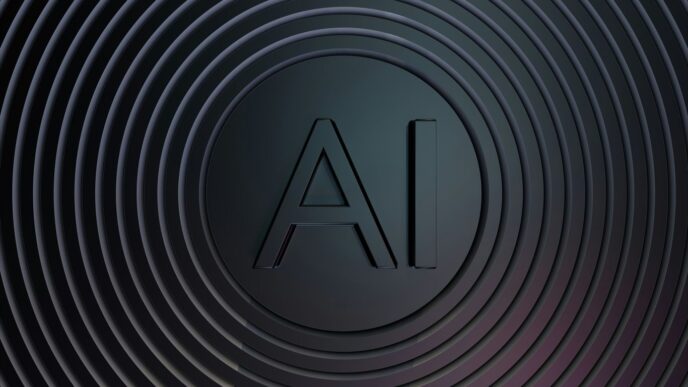Lithium-ion batteries power many devices we use daily, from smartphones and laptops to electric cars. Among these, 12V lithium-ion batteries are commonly found in various applications like medical devices, backup power supplies, and more. With their widespread use, the question of whether these batteries can be recycled has become increasingly important. Let’s explore how these batteries can be recycled, the challenges involved, and the benefits of doing so.
Why Recycling is Important
Recycling 12V lithium-ion batteries is crucial for several reasons. First, these batteries contain valuable materials like lithium, cobalt, nickel, and manganese. These materials can be recovered and reused, reducing the need for new mining and lessening the environmental impact associated with extracting these resources. Additionally, when batteries are not disposed of properly, they can leak harmful substances into the environment, polluting soil and water. Recycling helps prevent this contamination and reduces the risk of fires and explosions that can occur when batteries are improperly discarded.
The Recycling Process
Recycling lithium-ion batteries involves several steps:
- Collection and Transportation: Used batteries are collected from consumers and transported to recycling facilities. Proper handling and packaging are essential to prevent accidents during transportation.
- Discharging: Batteries must be discharged to remove any stored energy, making them safer to handle during the recycling process.
- Dismantling: Batteries are taken apart to separate the different components like the casing, electrodes, electrolyte, and separator.
- Material Recovery: Various methods are used to recover valuable metals from the batteries. High-temperature processes can melt down and separate metals, while chemical processes can dissolve and extract specific materials.
- Purification and Refining: Recovered materials are purified to meet the quality standards required for making new batteries or other products.
Challenges in Recycling
Despite the benefits, recycling 12V lithium-ion batteries presents several challenges:
- Cost: The recycling process can be expensive due to the complexity of the technology and the need for specialized equipment. The fluctuating prices of raw materials also affect the economic feasibility of recycling.
- Technological Differences: There are various types of lithium-ion batteries, and each type may require a different recycling method. This lack of standardization can make recycling less efficient.
- Collection and Transportation: Ensuring that used batteries are collected and transported safely is a significant logistical challenge. Effective collection systems and public awareness are essential for improving recycling rates.
- Environmental Impact: While recycling reduces the need for new raw materials, the processes involved can be energy-intensive and produce emissions. More eco-friendly recycling technologies are needed to minimize the environmental impact.
Innovations in Recycling
Researchers and companies are working on new technologies to improve lithium-ion battery recycling. For example:
- Direct Recycling: This method focuses on recovering and reusing the cathode material with minimal processing, which can be more efficient and cost-effective.
- Bioleaching: This process uses microorganisms to leach metals from battery waste. It’s a promising technique that requires less energy and is more environmentally friendly.
- Automated Dismantling: Advances in robotics and automation can make the dismantling process more efficient and safer, reducing labor costs and the risk of exposure to hazardous materials.
The Role of Policies and Regulations
Government policies and regulations play a crucial role in promoting the recycling of lithium-ion batteries. Programs that hold manufacturers responsible for the end-of-life management of their products can drive improvements in recycling. Incentives for recycling and strict disposal regulations can also help increase recycling rates.
Community Involvement
Public awareness and community involvement are essential for effective recycling. Educating consumers about the importance of recycling and providing easy access to recycling facilities can make a big difference. Imagine if everyone knew how to properly dispose of their batteries and the impact it could have on the environment. Small actions by many people can lead to significant positive changes.
Conclusion
Recycling 12V lithium-ion batteries is not only possible but also crucial for environmental sustainability and resource conservation. Although there are challenges, ongoing innovations and supportive policies can make the recycling process more efficient and widespread. By working together—governments, businesses, and individuals—we can ensure that the benefits of lithium-ion batteries do not come at the expense of our planet.










